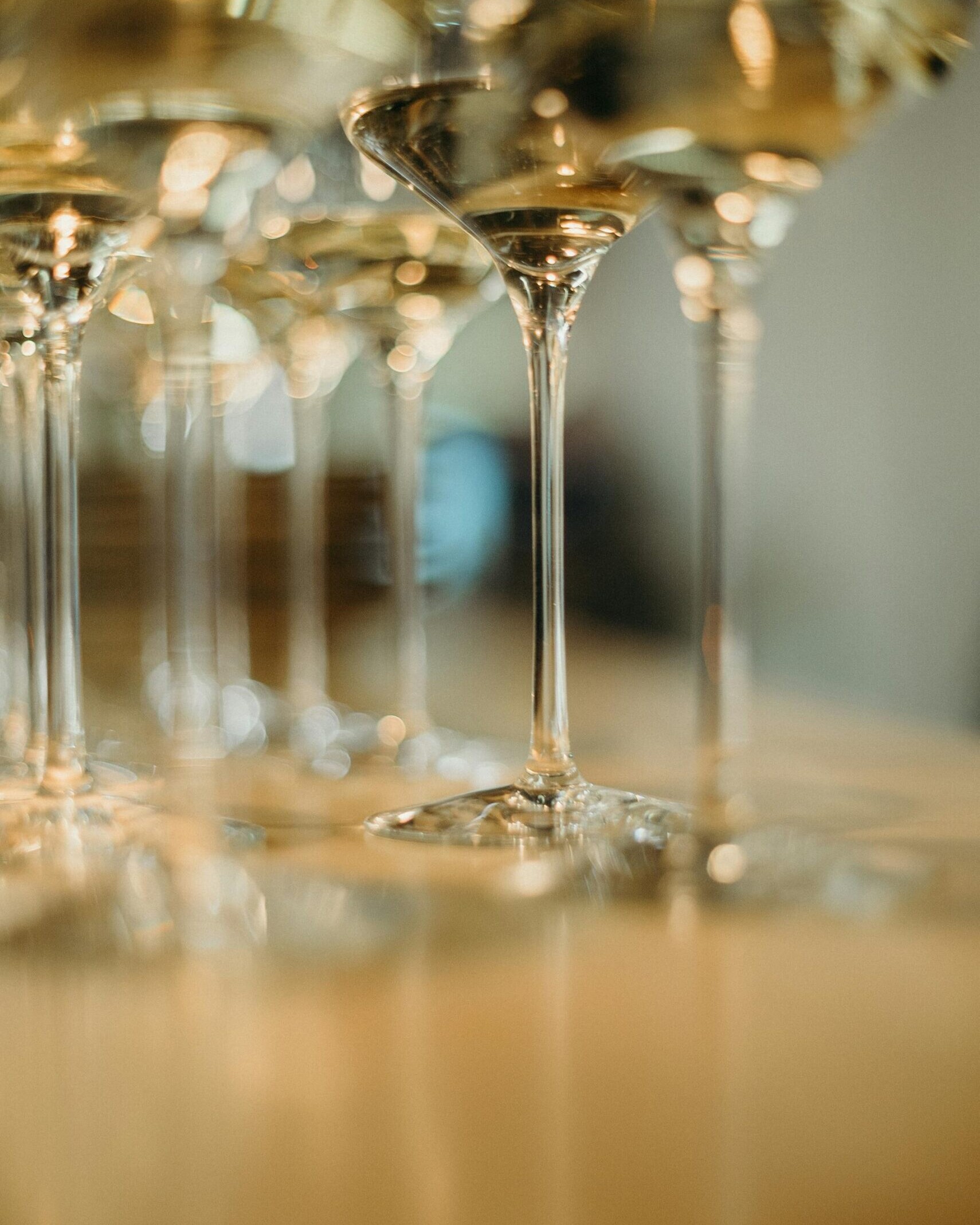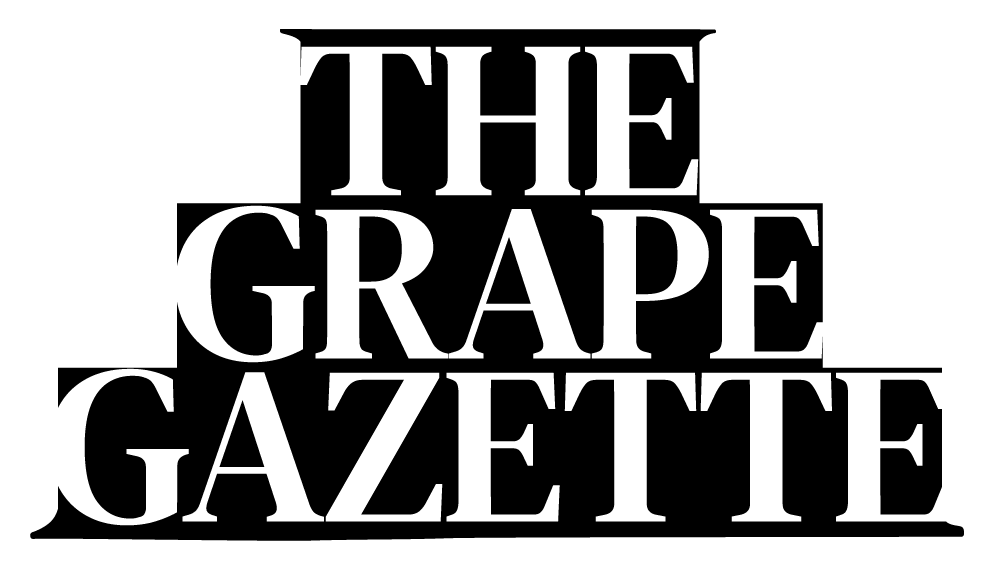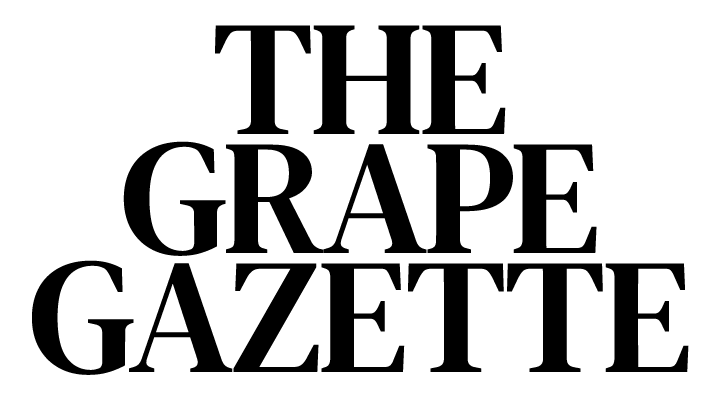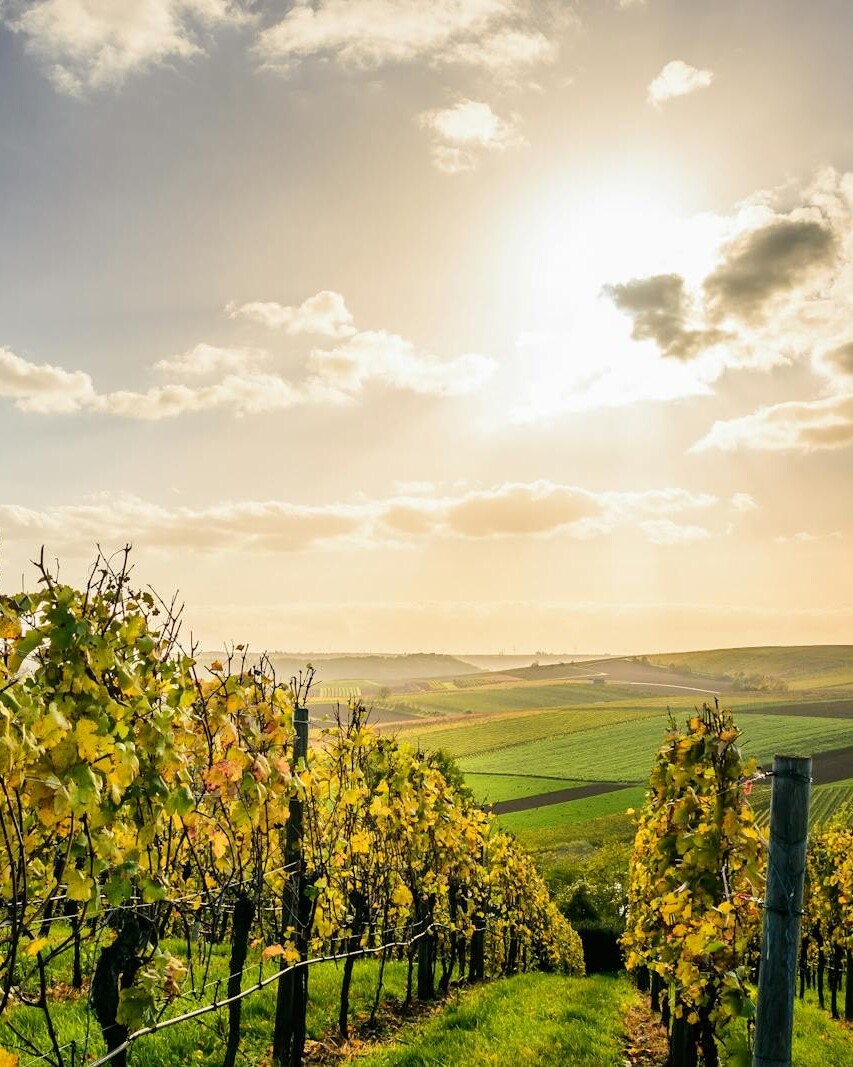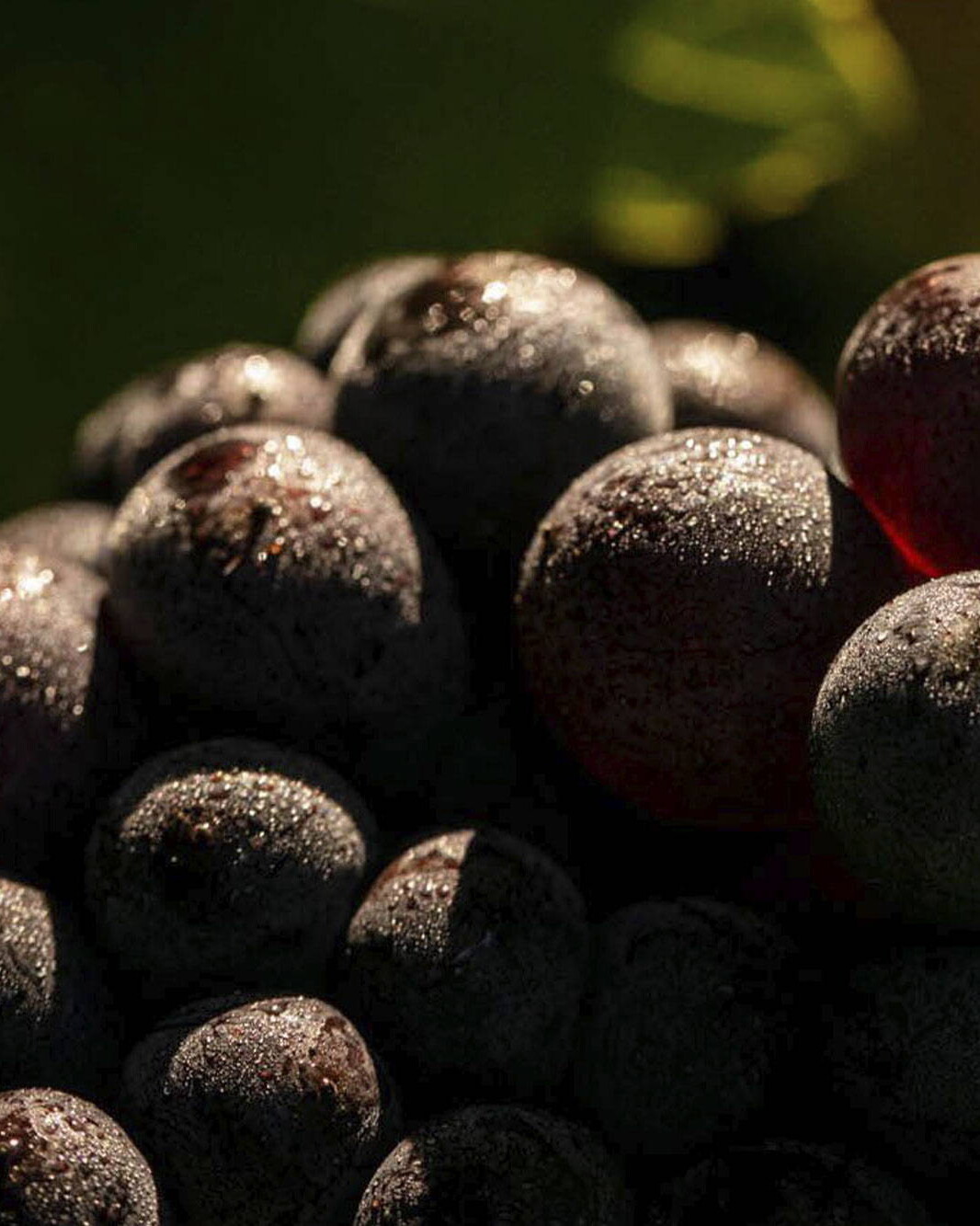I was at a Hilton event recently where they did something so simple, yet it set the tone for the entire evening. For the welcome drink, they poured English sparkling wine. Not Prosecco. Not a “house” Champagne that was chosen mainly because it was cheap. Just our own, and it was brilliant.
It immediately felt intentional. Local. Proud. The atmosphere was different, almost elevated, before the event had even properly started.
That tiny choice made me wonder: why isn’t this standard practice everywhere in the UK?
We love shouting about local. The menu will list the farm the beef came from, the name of the dairy producing the cheese, even the bakery that supplies the bread. Chefs talk endlessly about provenance, seasonality, sustainability. Venues plaster “locally sourced” across brochures and websites.
But the drinks reception? “House Prosecco, mate.”
It feels lazy. And it sells our own industry short.
English Sparkling Wine Is World-Class. So Why Hide It?
English sparkling wine is not a compromise. It’s not a second-choice fizz when Champagne feels too expensive. It’s world-class. In fact, it regularly beats Champagne in blind tastings.
Names like Nyetimber, Chapel Down, Gusbourne, Wiston, Hattingley, Ridgeview aren’t novelty start-ups. They’re respected wineries producing serious bottles. These wines have depth, elegance, and finesse. They’re poured in Michelin-starred restaurants, stocked by Harrods, served at Downing Street receptions, even chosen for Royal occasions.
So why, when we’ve got something this good, do so many venues still reach for bulk Prosecco?
When Hilton made the switch at that event, guests noticed. The wine wasn’t just liquid in a flute. It became a talking point. It told a story about place and about care. It showed that Hilton had thought about more than just ticking a “welcome drink” box.
That’s the sort of guest experience venues say they want to deliver. And it’s sitting right there in our own vineyards.
We’re Brilliant at Local Food, Terrible at Local Wine
I work in venue finding and event management. I see this contradiction almost daily.
Venues will put huge effort into local sourcing for food. They’ll boast about the butcher down the road, the cheesemaker from the next county, the veg from a farm twenty minutes away. Guests love it. Clients love it. It makes a story.
Then they slap on a mass-market Prosecco, or a bog-standard Sauvignon Blanc imported by the container load.
It’s even more jarring at events with international delegates.
I remember one dinner in Manchester welcoming guests from ten different countries. The menu was creative, hyper-local, and beautifully considered. The kitchen had clearly worked hard. Then the wine? South African Sauvignon Blanc and French Merlot.
Both decent, but utterly generic. No sense of place. No reflection of where we were. It felt like a missed opportunity to show who we are as a country and what we can produce.
If you’re trying to impress international guests, why wouldn’t you put English sparkling and English still wines on the table? It’s unique. It’s authentic. And it sparks conversation.
English Still Wine Deserves a Spot on the Table
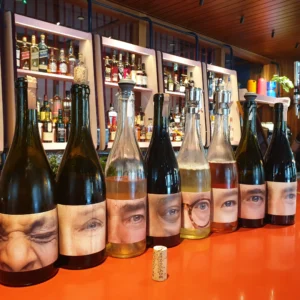
We talk a lot about sparkling because it grabs headlines, but English still wine has made massive strides in the last decade.
-
Chapel Down produces brilliant Bacchus, crisp and aromatic, perfect for Sauvignon Blanc drinkers.
-
Renegade Urban Winery in London is turning winemaking on its head with small-batch, experimental bottlings that feel fresh and modern.
-
Litmus, Lyme Bay, Stopham, Winbirri — all producing award-winning whites and increasingly strong reds. Even English Pinot Noir, once seen as impossible, is now a genuine contender.
These wines aren’t just “good for English.” They’re good full stop. So why wouldn’t you pair a local lamb dish or Cornish sea bass with an English Pinot or Bacchus? It completes the story.
Food and drink should reflect each other. If the food’s local, the wine should be too.
It’s a Sustainability Issue Too
Venues love to talk about sustainability. Reducing food miles. Supporting local producers. Cutting waste.
But then they pour Prosecco that’s travelled across Europe, or wine that’s been shipped halfway around the world. The contradiction is glaring.
Switching to English sparkling wine for the welcome drink is an easy win. Offering English still wine on the table cuts carbon miles and supports local jobs. It shows you’re not just talking about sustainability, you’re living it.
And let’s be honest: the optics are powerful. Guests see it. They hear the story. They remember it.
Price Matters. But Value Matters More
Yes, English sparkling wine costs more than supermarket Prosecco. But that’s the point.
It’s not supposed to be the “bottomless brunch” drink you glug by the pint. It’s a premium product, and that’s exactly why it works so well for the welcome drink. It doesn’t need to be poured all night. It just needs to make the first impression.
For still wines, the pricing is often closer than people think — especially if venues build supplier relationships. It’s about intention. A considered choice, not a lazy default.
Venues That Get It Right
Hilton isn’t the only one.
I’ve seen boutique hotels proudly list English Bacchus and Pinot Noir. I’ve been at weddings where the toast was done with English sparkling, and the guests couldn’t stop talking about it.
These places stand out. Not because they were the cheapest, but because they made the experience personal, thoughtful, and memorable.
No guest has ever complained about being given something genuinely good, with a story behind it.
A Straight Challenge to UK Venues
If you’re serious about local sourcing, provenance, sustainability, then prove it. Show it in the glass.
-
Make English sparkling wine your default welcome drink.
-
Put English still wines on the table.
-
Train staff to tell the stories.
-
Partner with producers like Nyetimber, Chapel Down, Renegade.
-
Shout about it on menus, websites, socials.
Stop letting your drinks undermine your food story. Stop hiding English wine behind the bar.
We have nothing to apologise for. Our sparkling wines are world-class. Our still wines get better every year. This is not charity. It’s common sense.
Pour them proudly.
And if you’re a venue that wants help finding producers, negotiating trade rates, or running tastings, get in touch. I’d be more than happy to help.
February 8, 2026
English Sparkling Wine After Christmas: Does It Hold Up in Winter?
Read More
